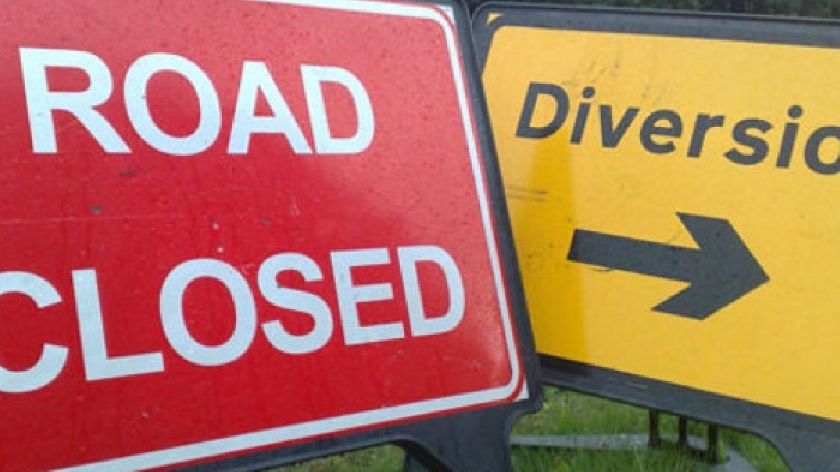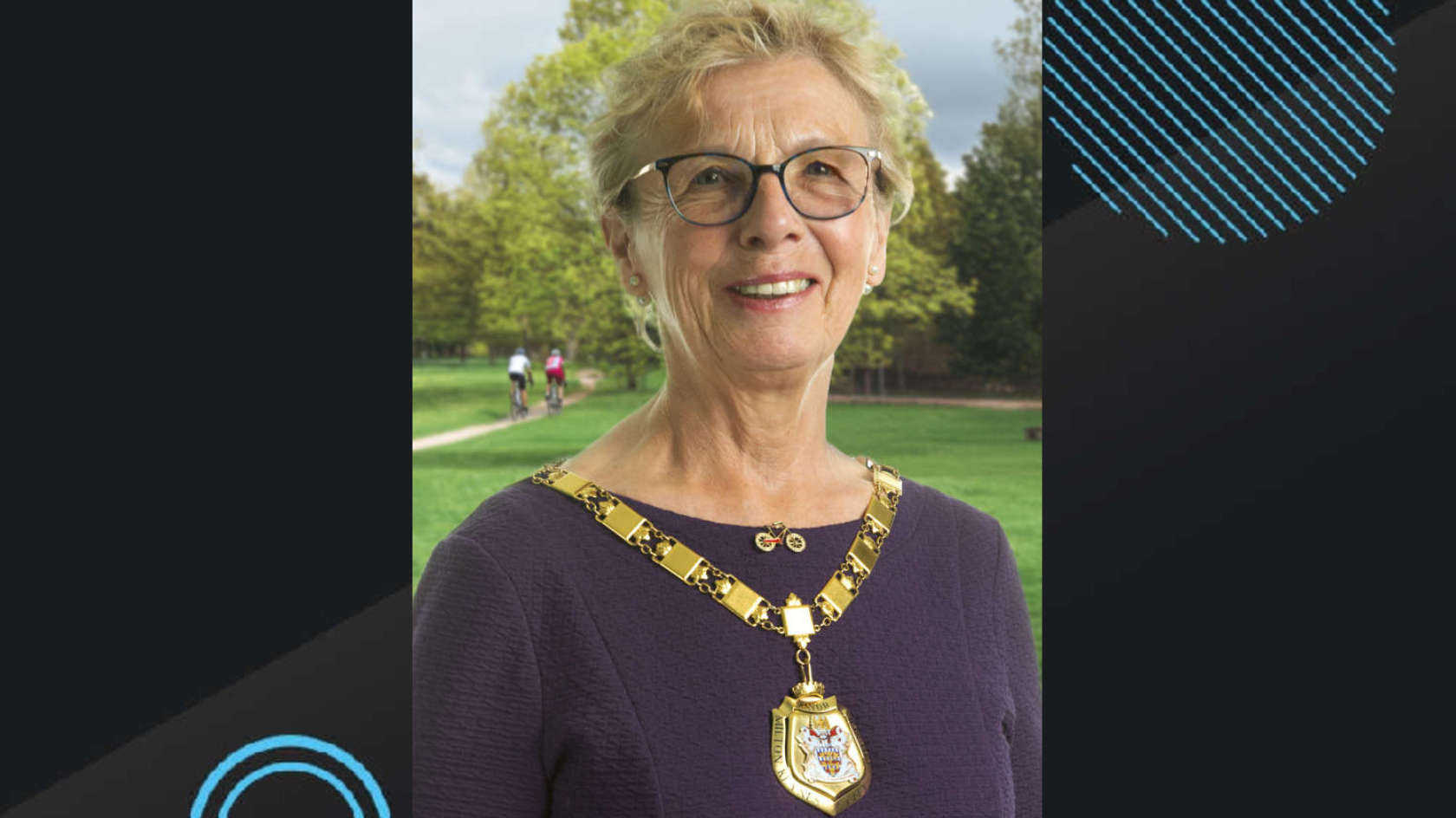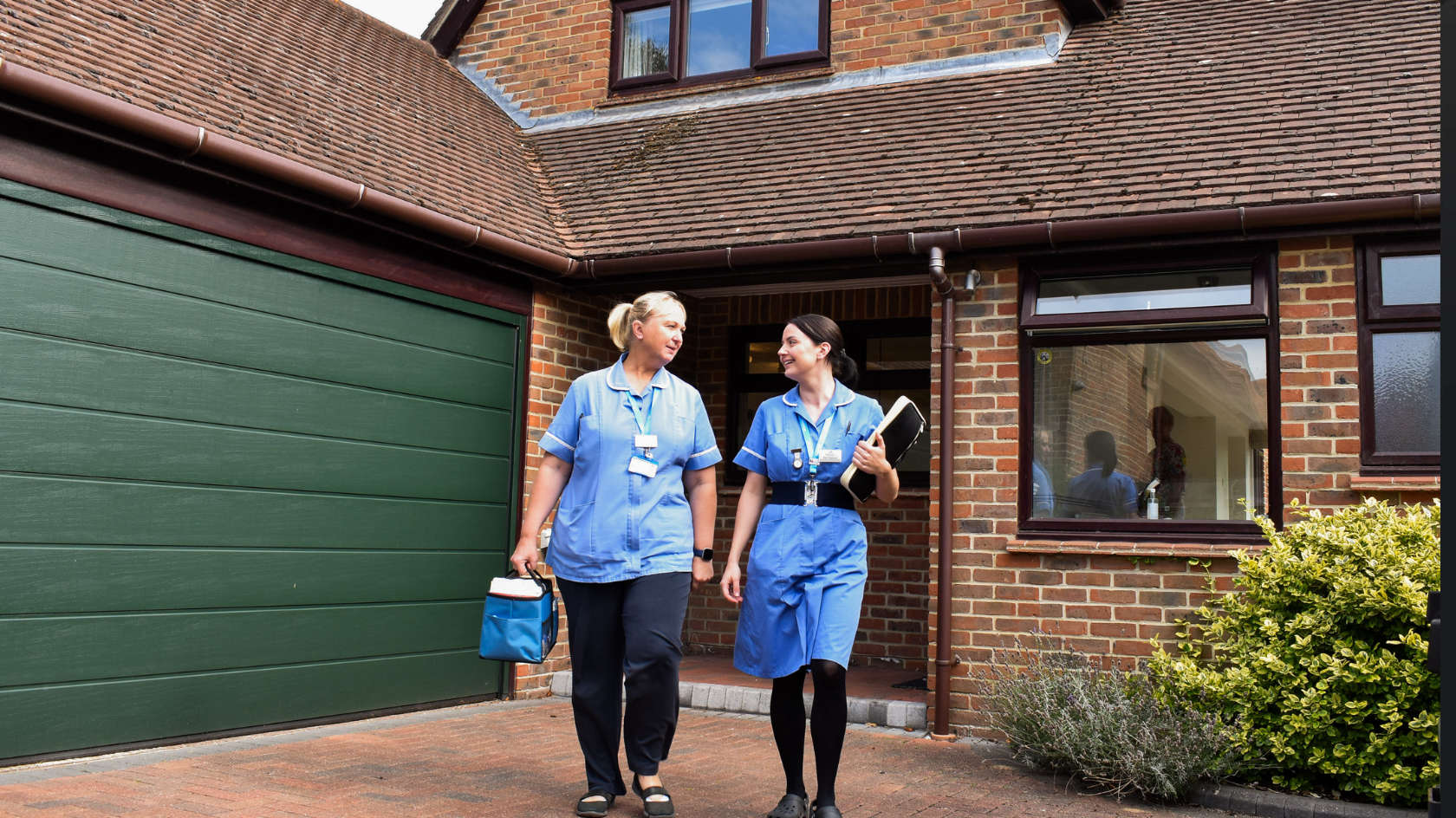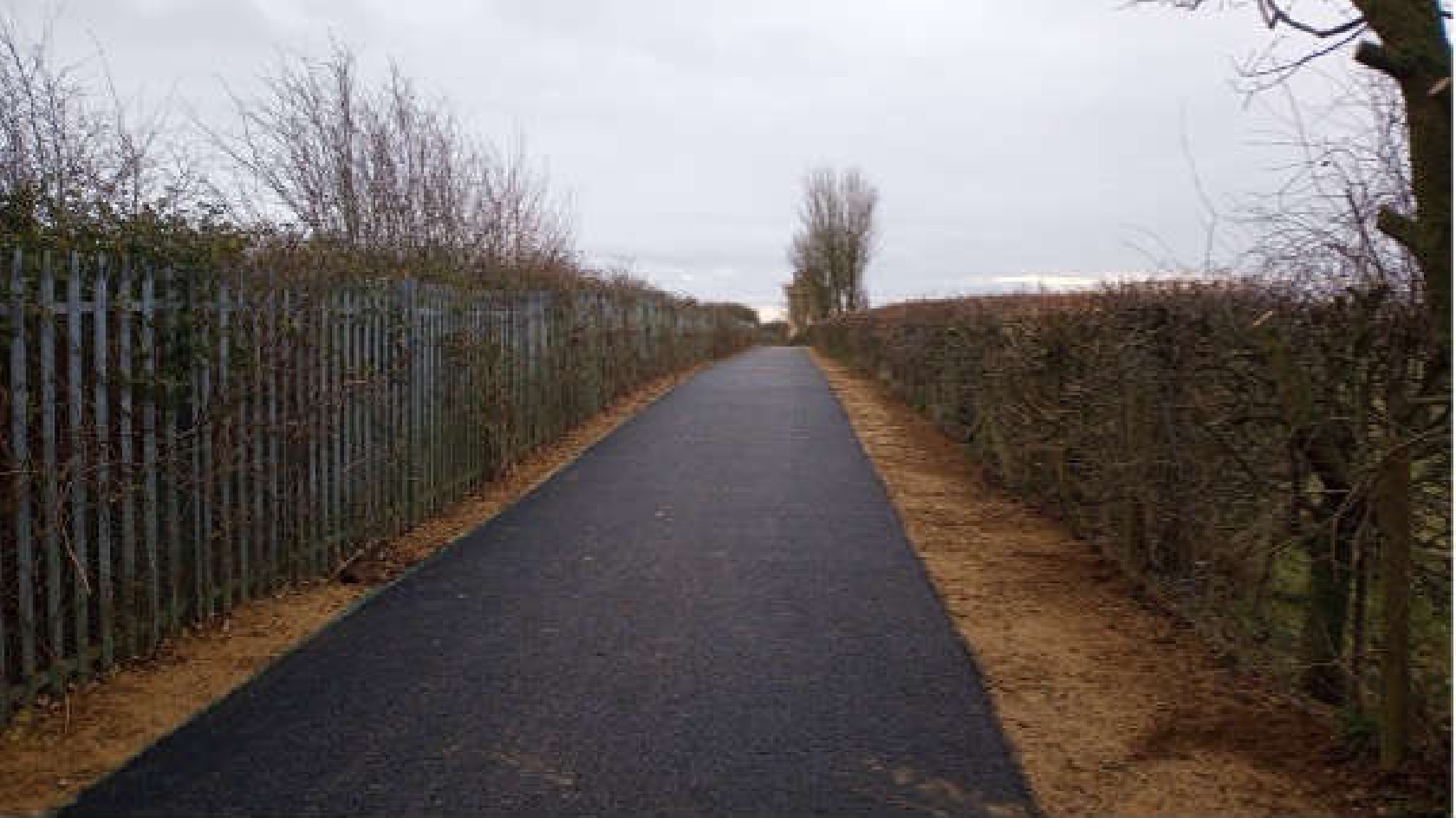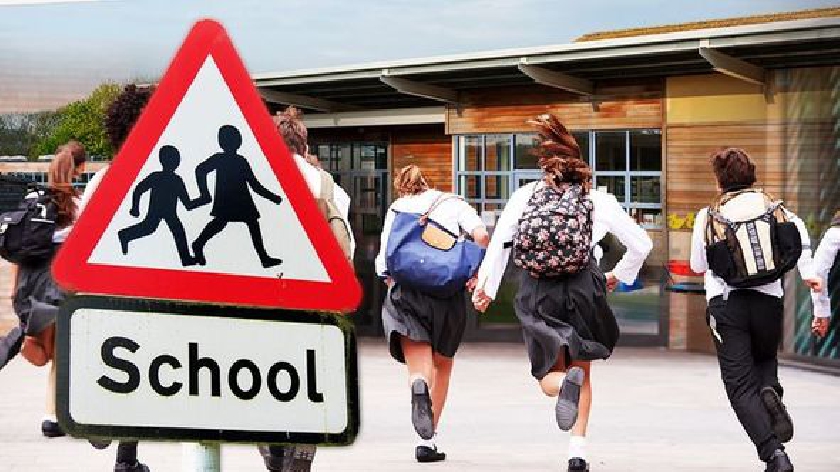
Boris Johnson has hailed the return of schools across England as a "big" and "emotional" day - but warned it will impact on the spread of coronavirus and there is no guarantee the country will reopen on the target dates set out.
Speaking at a news conference in Downing Street, the prime minister said that it is "more vital than ever to follow the rules" so that the roadmap to easing lockdown can continue as planned.
Mr Johnson said the government would be "driven by data not dates" when deciding whether to remove more restrictions in the coming weeks ahead of the next planned date of 29 March.
Asked whether encouraging data from recent days - including daily deaths dropping below 100 - might tempt him to move forward some of his targets, he said: "We've got to remain prudent - the whole point of this roadmap is that it's intended to be cautious but irreversible.
"And we think we can do that because of the vaccine rollout.
"I think people would really rather trade some urgency and some haste in favour of security and certainty about those dates that we have set out."
The prime minister added that infection rates and the number of people in hospital are still "very high by the standards of last year".
He reminded the public that other European countries are seeing cases rise and to remember that every time that has happened "it is not too long after that we see an increase in this country as well".
Mr Johnson also said vaccine certificates for international travel will be "a feature of our life in the future" - although he acknowledged they "raise all sorts of issues" which are being examined by Cabinet Office Minister Michael Gove, who is heading up a review into the issue.
Dr Jenny Harries, England's deputy chief medical officer, added that they are expecting to see a rise in cases in the first two weeks schools are open - but we can be "very optimistic going forward" due to the vaccination programme and testing.
"The likelihood of a case going into a school and larger numbers coming out to self-isolate are now much smaller," she said.
"There may be a short period where larger numbers of children come out [to self-isolate] but that will settle down.
"It's really important to look beyond the first two weeks."
She added that testing for children and their families will take some getting used to but will likely "diminish the number of community transmission cases which could come into schools".
"So schools will be inherently safer places, but equally it will reach back into families," Dr Harries said.
Monday 29 March is when it is hoped more social rules can be relaxed, including the resumption of outdoor sports and the government's "Stay at Home" message being dropped.
From that date, up to six people from different households or a larger group from two households will hopefully be allowed to meet outside, including in private gardens.
All primary schools returned today while secondary pupils will have staggered returns this week as part of the first step to easing the lockdown imposed on England at the beginning of January.
Secondary school children are being urged to take two lateral flow tests a week, with the first three taken in school then the rest at home where their households have also been asked to take twice-weekly tests.
Other measures have also been eased slightly from today, with one person allowed to meet another from a different household outside for recreation, such as a coffee or a picnic, instead of just exercise.
Care home residents are also allowed to choose one named visitor from today.




